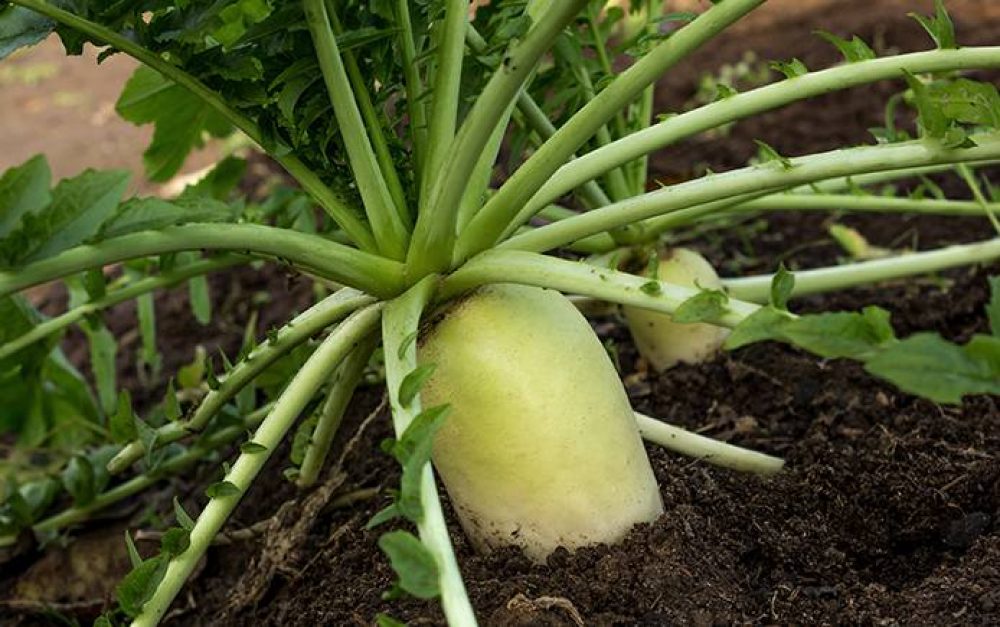The phrase “food is political” pops up all the time in the food and farm movement world, and has particular weight right now as we head toward the finish line of this incredibly fraught and consequential election season. So what, exactly, does it mean?
The phrase “food is political” pops up all the time in the food and farm movement world, and has particular weight right now as we head toward the finish line of this incredibly fraught and consequential election season. So what, exactly, does it mean?
Are we talking about “voting with dollars” to move markets in the directions we need? Showing up in the streets to demand the racial justice that’s so crucial in our food system work — and beyond? Supporting legislation that moves resources to community-scale farmers and the essential workers who continue to harvest, process and serve food during a pandemic?
Or voting for candidates who commit to building a healthier food and farming system that’s a solution, rather than contributor, to climate change?
Yes, yes, yes and yes. All of the above — and so much more.
An Iowa radish story
One of my favorite stories showing just how political food is takes place on a small farm in western Iowa.
Several years ago, longtime organic farmer (and former PAN board president) Denise O’Brien took my colleague Marcia Ishii-Eiteman, one of PAN’s senior scientists, on a tour of her Rolling Acres Farm. She showed Marcia how she uses deep-growing daikon radishes to “biodrill,” building nourishing, aerated soil for her fruits and vegetables.
Marcia was wowed by the simple brilliance of the practice, and asked Denise her opinion on what’s needed — what’s “the most important thing we can do” to support more farmers adopting similar strategies? Denise’s response was quick and firm: “Campaign finance reform.”
Admittedly, Denise is a very political farmer — she’s run for statewide office twice, and has participated actively for decades in both state and national campaigns. Her analysis is both straightforward and spot on.
Money, politics & food
Money in politics — in this case, money from giant pesticide corporations — is a very real barrier to change.
Ramping up on-farm innovations, like using deep-growing radishes to build healthy soil, bumps up against all the policy incentives pushing farmers in the opposite direction. Our national farm policies encourage growers to continue relying heavily on chemical inputs, and the seeds that are genetically engineered to promote pesticide use. Here at PAN we call this the “pesticide treadmill,” and it’s a great business model for the pesticide industry — which is now also the biotech/seed industry.
Many of the politicians who, time after time, vote to keep these policies in place rely on corporations like Bayer/Monsanto, Corteva/Dow or Syngenta for their job security. Which means they have the interests of these corporate donors top of mind, rather than the well-being of farmers, farmworkers, rural families or consumers across the country.
Voting: A good place to start
Every election year, we encourage our supporters to find out where their local, state and national candidates stand on food and farming issues. This fall, voters can start by asking where congressional candidates stand on a recent federal bill that would completely revamp our pesticide rules.
The Protect America’s Children from Toxic Pesticides Act, introduced by Sen. Udall (D-NM) and Rep. Neguse (D-CO), would put measures in place to protect people, pollinators and more from the most dangerous chemicals. These are basic, common sense reforms that are sorely needed and long overdue.
For those who are able to vote, we urge you to choose political leaders on election day who support a healthier food system that’s firmly rooted in justice. Even for those who aren’t eligible — including many essential food system workers — there will be many ways to get involved in the next two months. You can contact candidates directly with your top priorities, participate in online candidate fora, support “get out the vote” efforts and more.
We’ll be sharing tools, resources and reminders along these lines in the coming weeks — stay tuned. We’ll also be actively supporting efforts to protect and strengthen voting rights. No matter what your top priorities are, a functioning democracy is critical for us all.
To win more support for innovative, radish-wielding farmers like Denise, we need politicians who answer to the people, not corporate donors. We know we’ll still need to keep the pressure on to make these leaders actually do the right thing once elected. But voting them in on November 3 will create opportunities for the real changes we need — which gives me hope. And that’s a very good place to start.









